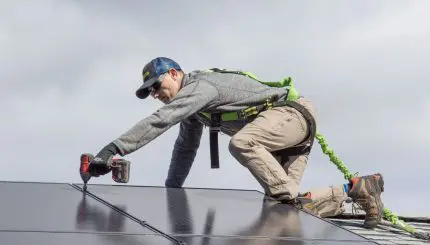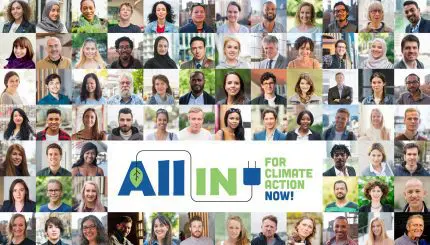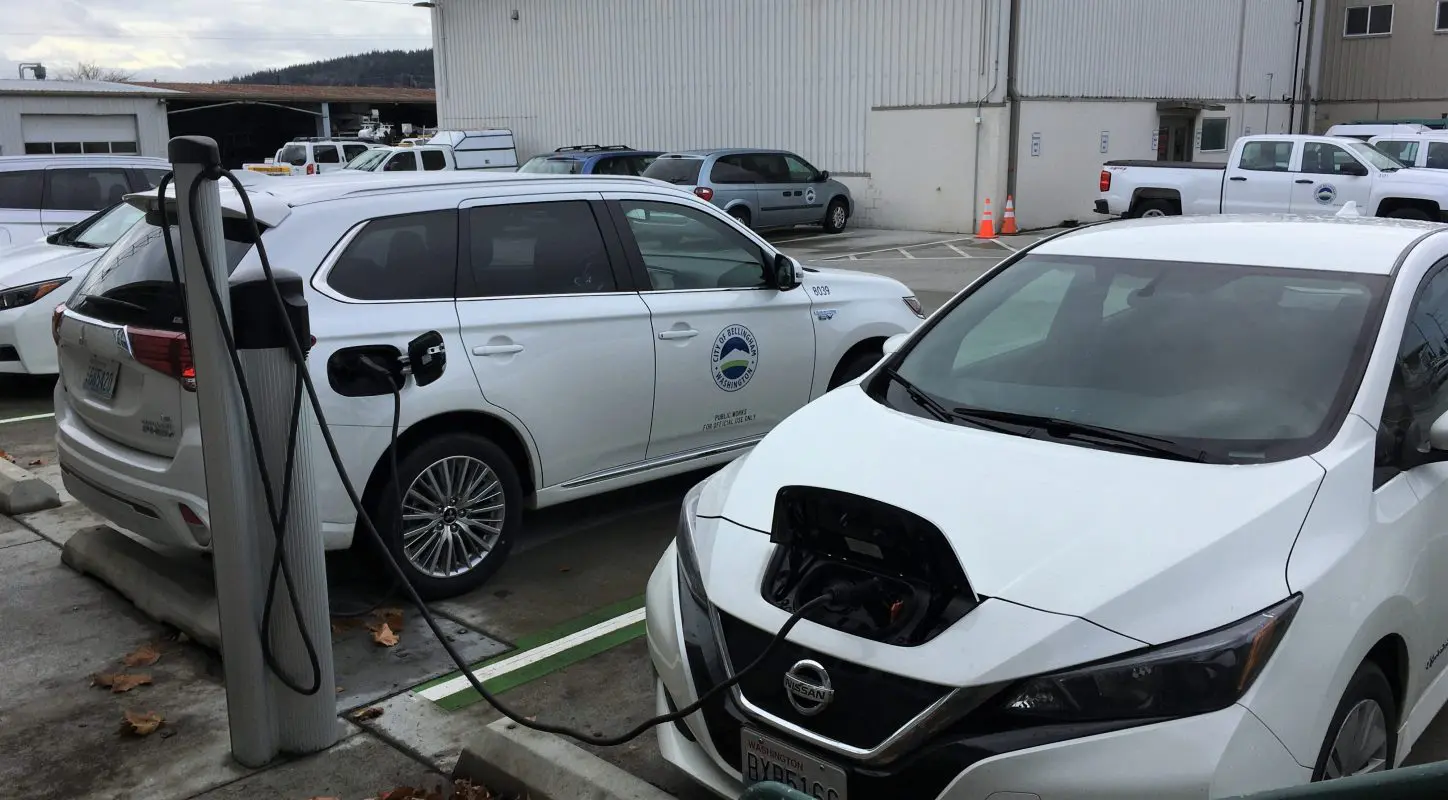The City of Bellingham is committed to working towards our vision of a sustainable, equitable, and healthy community where current and future generations can thrive. Rapid climate change caused by human activity is both a challenge and an opportunity on our path to achieving this vision. Climate change and the activities that accelerate it pose serious health and safety risks to our community. For example, air pollution produced by gas-powered vehicles, power plants, fossil fuel appliances, and wildfires have been shown to cause health effects in children and adults such as heart and lung disease, acute respiratory illness, worsened asthma, and premature death. These activities also harm our environment and the natural resources we rely on for clean drinking water, food, and recreation.
To reduce and prepare for these human health and environmental impacts, Bellingham joins other communities across the globe in taking bold and immediate action. This means reducing our municipal (City government) and community greenhouse gas emissions as much as possible, as quickly as possible. A 2021 report from the Intergovernmental Panel on Climate Change states that world governments must exceed current emissions reduction targets to limit warming to 1.5 degrees Celsius, with an emphasis on meeting interim targets in 2030. This makes the 2020s a critical decade for climate action.
The City is focusing on the following key strategies to help us do our part to keep global warming to 1.5° Celsius and meet the goals in our 2018 Climate Action Plan:
Energy Efficiency
Improve building envelopes, insulate commercial and residential buildings, and transition to energy efficient appliances.
Renewable Energy
Facilitate the use of low-carbon, affordable energy to the community.
Transportation
Provide electric vehicle (EV) charging stations, purchase EVs for the City’s fleet, encourage mode shift.
Green Buildings
Transition space and water heating systems from fossil fuels to low-carbon electricity.
Land Use
Protect habitat and promote high-density development.
Waste Reduction
Use recycled materials across all fronts and reduce waste.
Adaptation and Equity
In addition to reducing greenhouse gas emissions, we must increase the resiliency of our community to prepare for the coming impacts of climate change that we are already experiencing. Extreme weather events such as the Pacific Northwest heat dome in summer 2021 and flooding events in November 2021 are expected to continue and worsen over time. Changes we can expect to see in the future include:
The City is working on efforts to ensure that Bellingham community members are prepared for these expected changes, especially vulnerable populations with less access to resources. The ways in which we plan to help our community adapt to these changes include weatherizing homes and businesses, helping homes transition to efficient heating and cooling systems, and providing resources such as warming and cooling shelters to our most vulnerable community members.
Learn More
Stay Engaged
Climate-Related City News
Climate-related news releases posted by the City:
Contact
Seth Vidaña
Climate and Energy Manager
Email: savidana@cob.org







